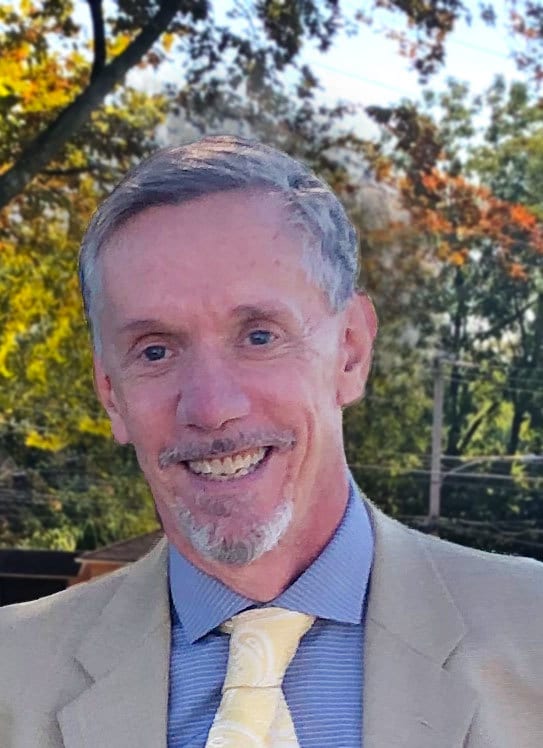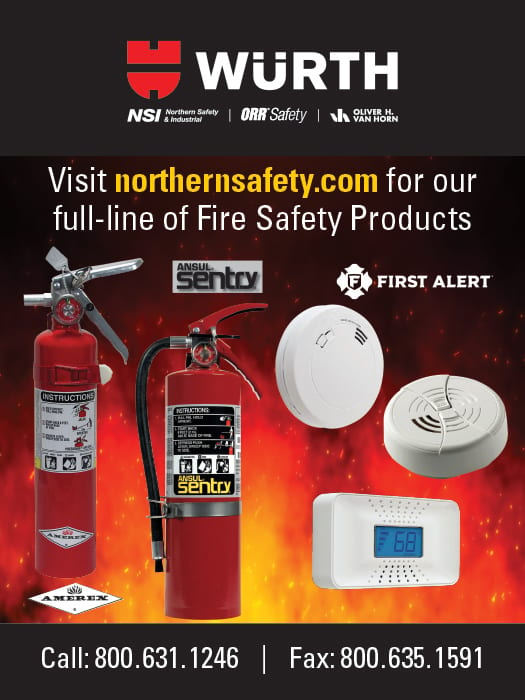What’s Going On
DAVE JOHNSON:

The danger of being your sisters’ / brothers’ keeper
thical altruism.” Have you heard of it? Selfless concern for the welfare of others.
Ethics come into play when selfless concern means people being morally obligated to help, serve or benefit others, even at personal sacrifice.
E
This form of accountability is an underpinning of a culture of safety. It’s the buddy system. “I have your back, you have mine.” Watch out and keep safe each other. We are brothers and sisters. We’re family.
Our brains are hard-wired to feel a sense of reward when we help others. Combine this wiring with the mantra “we are our sisters’ and brothers’ keepers’” and you have a culture where everyone is a safety monitor, ready to intervene if there’s an incident, emergency, crisis, a woman or man down.
Great. But “selfless concern” involves realities that should be noted.
Photo: Creative Credit / iStock / Getty Images Plus via Getty Images.
How many employees have died, or been seriously incapacitated, trying to rescue a co-worker in a toxic confined space? Without training and awareness, impulses and human nature can take over. Many employees will rush in, unprotected, without instrumentation, and succumb to the toxic confined environment. The tragedies are part and parcel of safety lore.
An employee suffers a heart attack while roofing. A “brother” scrambles up, without fall protection, hustling, hurrying, slips and rolls off the roof. A lone worker out in sub-freezing cold suffers hypothermia, calls in that she is staggering, losing consciousness. A co-worker rushes to rescue. He’s on break, inside, warm, the hell with it, he runs outside without his coat, maybe risks hypothermia himself, maybe slips on ice, cracks his head on a rock
This is the law of unintended consequences — mindless (but heartfelt) actions obviously we don’t want when promoting sisters’ and brothers’ keepers.
If that’s the shared value you want, remember that altruism had its limits. Carrying its own risks in certain dangerous circumstances. Racing to the rescue? Bring the cavalry. Bring others with you. If you’re alone, think before you act. Take it down just a notch. What’s the smartest move you can make? What do you need for that move? A tool? A rope? PPE? You probably have a cell phone --call for backup.
Sisters’ and brothers’ keepers. Worthy accountability. But remember it comes with the law of unintended consequences.
Dave Johnson was chief editor of ISHN from 1980 until early 2020. He uses his decades of expertise to write on hot topics and current events in the world of safety. He also writes and edits at Dave Johnson’s Writing Shop LLC and is editor-at-large for ISHN. Reach him at davidjonse1955@gmail.com

